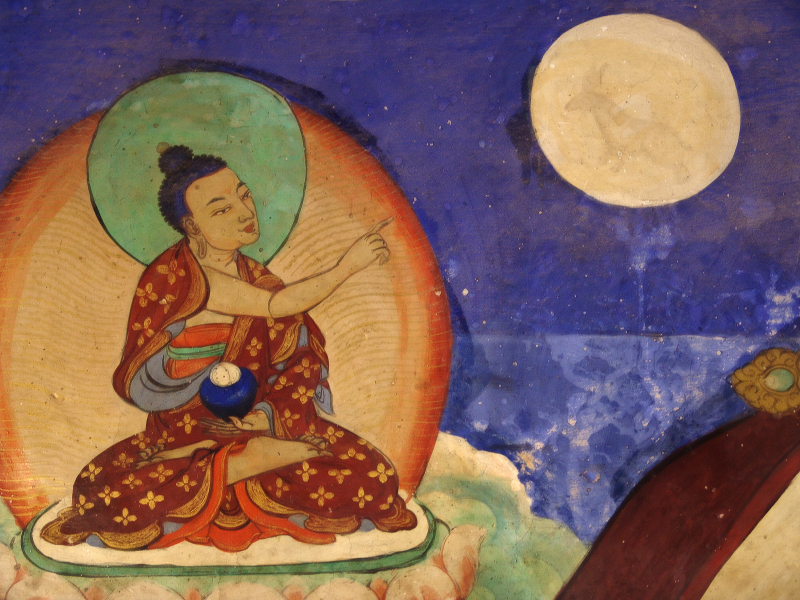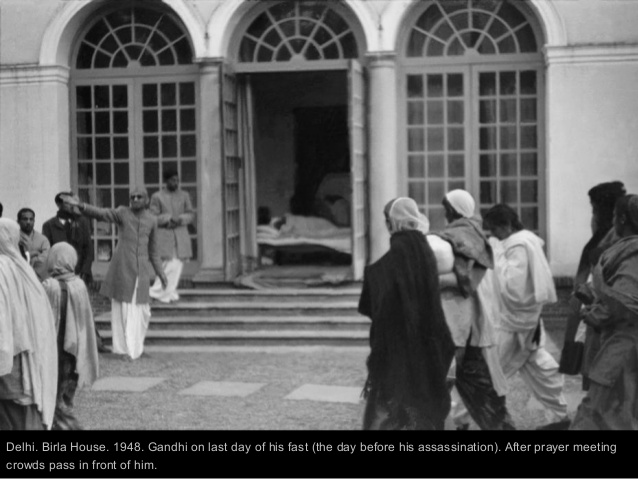
I do not believe, in any case, that there is a clear-cut distinction between the religious and the secular in Hinduism. Some scholars of Hinduism argue that India has not traditionally accepted the notion of separation between dharma and moksha (salvation), on the one hand, and the secular values of artha (wealth) and kama (pleasure) on the other. The Hindu’s secular pursuit of material happiness is not meant to be divorced from his obedience to the ethical and religious tenets of his faith, which makes the distinction between ‘religious’ and ‘secular’ an artificial one; there is no such compartmentalization in Hinduism. The secularism avowed by successive Indian governments, argues Professor R.S. Mishra of Benares Hindu University, is based on dharma-nirpeksheta (‘keeping apart from dharma’), whereas an authentically Indian ethic would ensure that secular objectives are infused with dharma.
I find this view persuasive but incomplete. Yes, dharma is essential in the pursuit of material well-being, public order, and good governance; but this should not mean turning public policy over to sants and sadhus, or excluding any section of Indian society from its rightful place in the Indian sun. If we can bring dharma into our national life, it must be uphold, rather than at the expense of Indianness. Secularists are reproached not so much for their modernism as far as their lack of a sense of their place in the grand Indian continuum, their lack of dharma. In my view to live in dharma is to live in harmony with one’s purposes on earth, not necessarily in a traditional way. Dharma today must accompany doubt and diversity; it must accept that thee is more than one Truth, more than one Right, more than one dharma.
Contradictory? Hinduism has always acknowledged the existence of opposites (and reconciled them): pain and pleasue, success and failure, creation and destruction, life and death, are all manifestations of the same overarching reality. So also with the secular and the sacred: a Hindu’s life must involve both. …
I, too, am proud of my Hinduism; I do not want to cede its verities to fanatics. To discriminate against another, to attack another, to destroy another’s place of worship, on the basis of his faith is not part of my dharma, as it was not part of Vivekamanda’s. It is time to go back to these fundamentals of Hinduism. It is time to take Hinduism back from the fundamentalists.
SOURCE: Shashi Tharoor, India: From Midnight to the Millennium and Beyond, Penguin Books, New Delhi, 1997.













